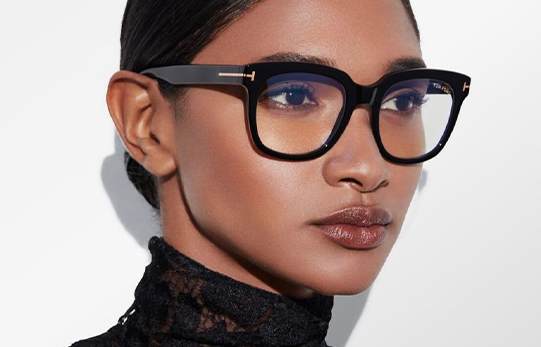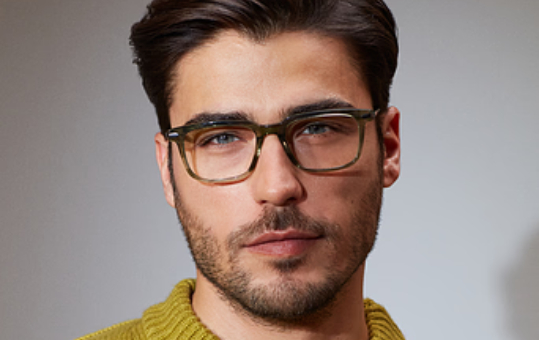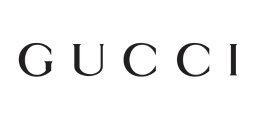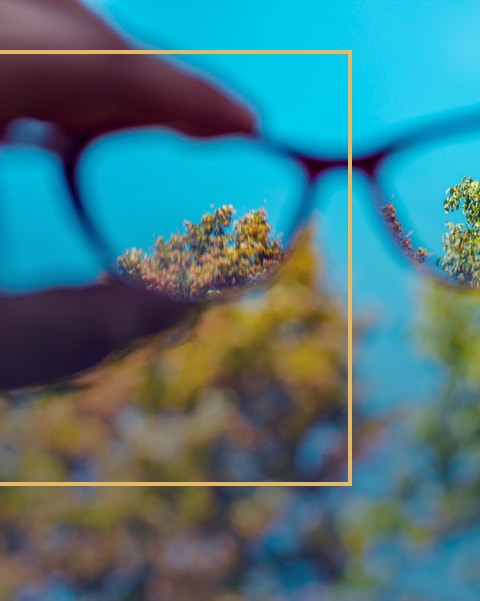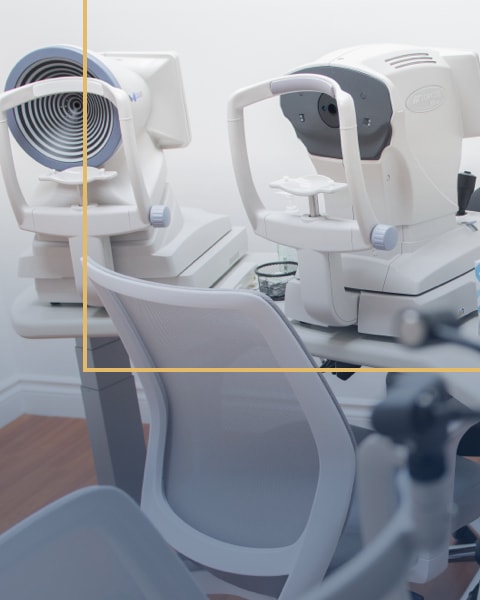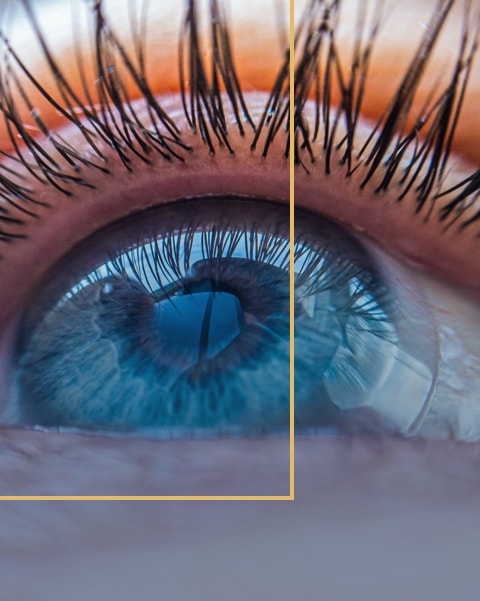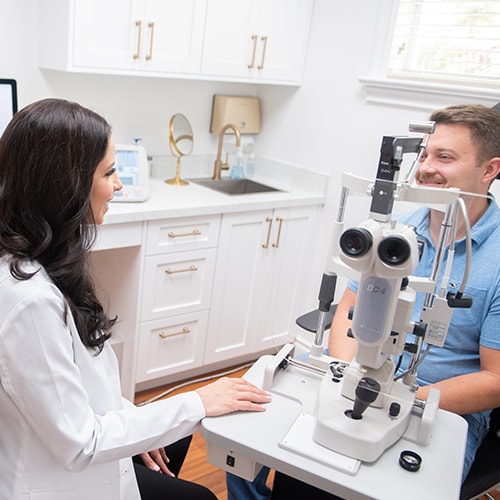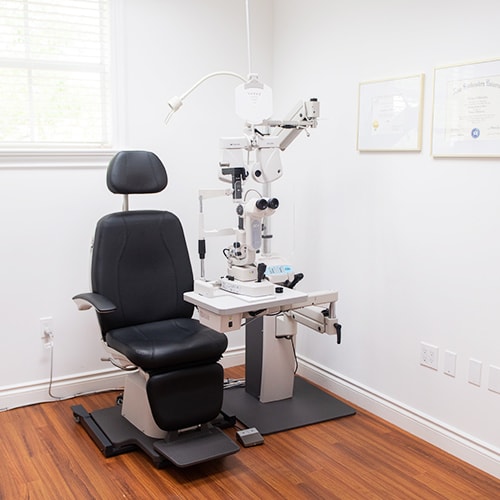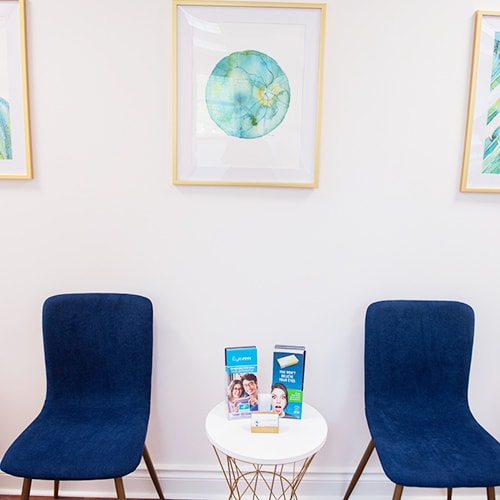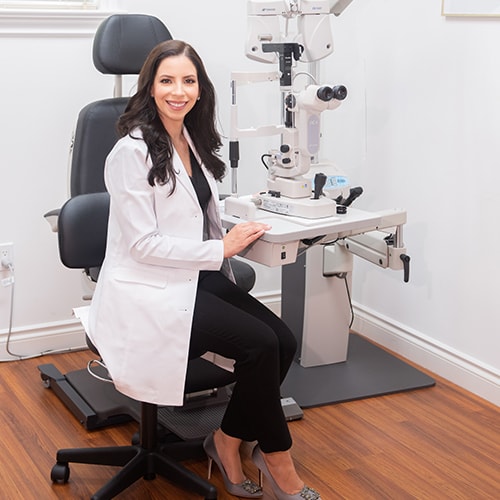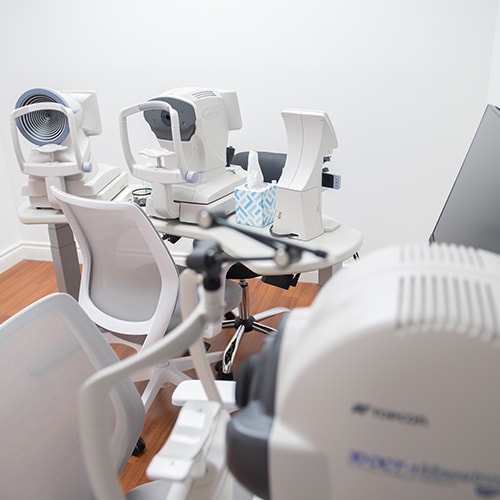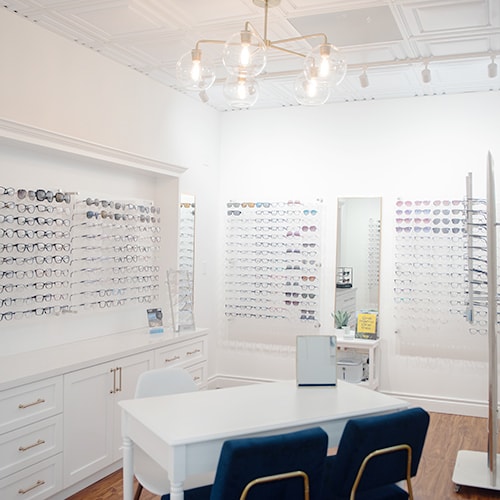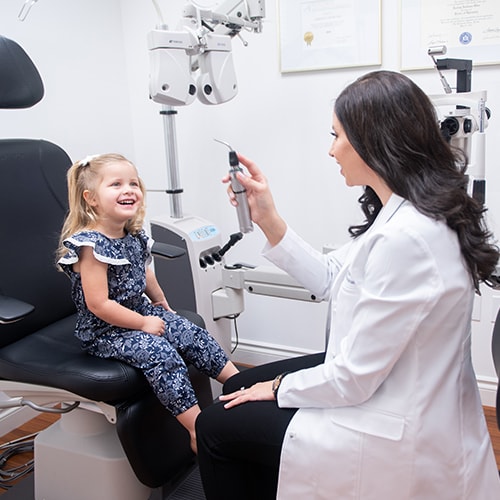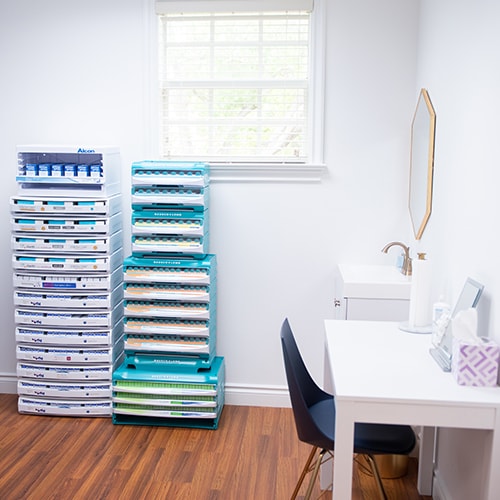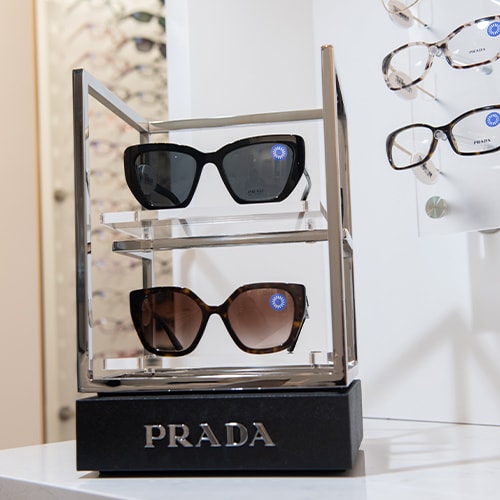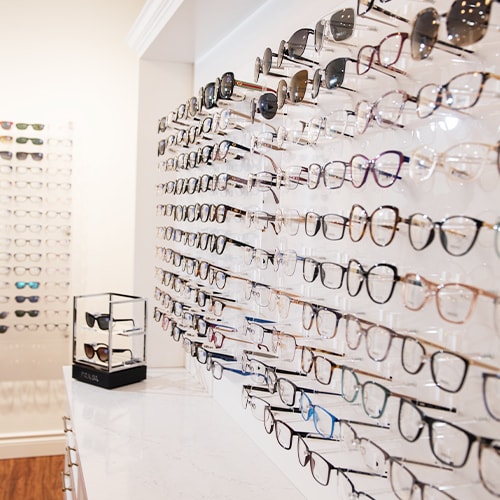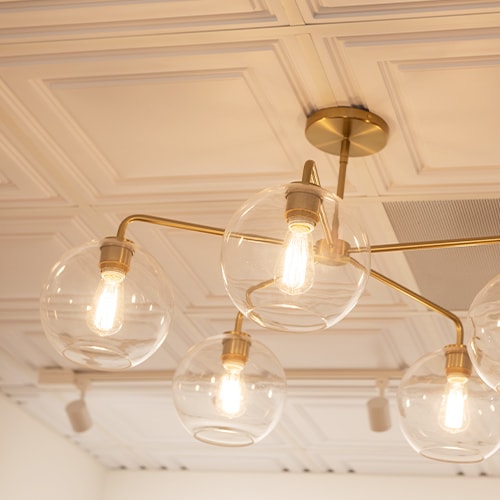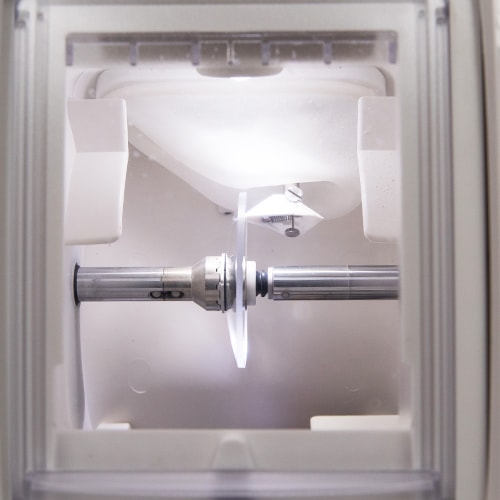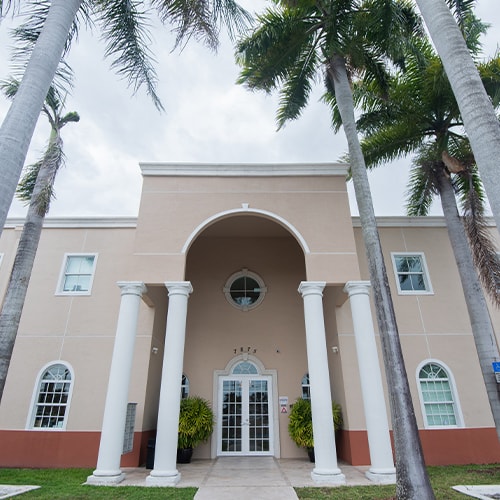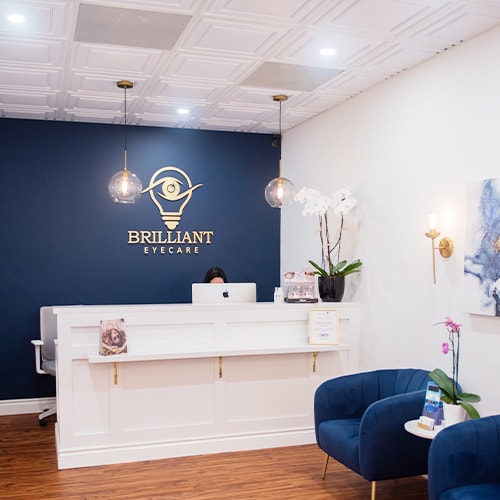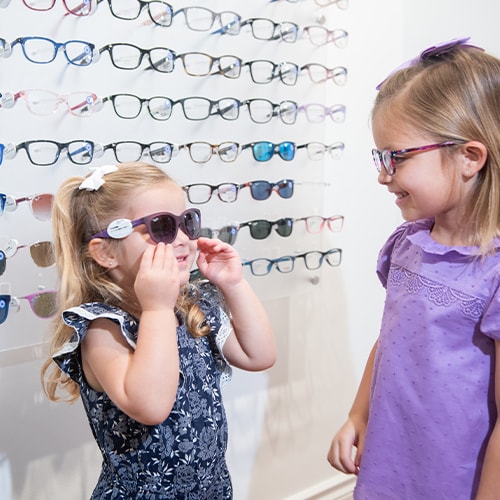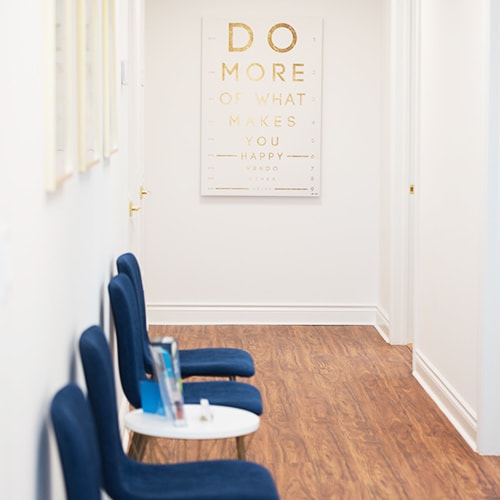Eye Exams to Keep Contact Lenses Comfortable
Contact lenses are an excellent alternative to eyeglasses and offer several benefits over traditional eyewear. However, contacts sit directly on the eyes and present a few risks that glasses don’t. To ensure your lenses are comfortable, clear, and safe, you’ll need a contact lens exam and fitting before making the switch.
A contact lens exam is similar to a comprehensive eye exam but includes a few extra steps to ensure your eyes can support long-term contact lens wear. We also take specific measurements of your eyes to fit them with a perfectly shaped lens.
If you’re interested in trying contact lenses, please reach out to us to book a contact lens exam and fitting.
Finding Your Prescription
Your contact lens prescription is different from your eyeglass prescription. Not only may the lens powers differ between prescriptions, but a contact lens prescription includes additional specifications:
- Base Curve: The measurement of the curvature of the back of the contact lens. A proper curve is essential for ensuring the contact lens sits properly on the surface of your eye.
- Lens Diameter: The lens diameter is the overall size of the lens and is essential for a comfortable fit.
- Lens Material: Contact lenses come in a variety of materials. If your eyes would benefit from a particular material, your optometrist may indicate a specific material on your prescription.
- Expiration Date: In most cases, contact lens prescriptions are valid for one year. You’ll need to visit your optometrist to update your prescription when it expires. In comparison, most eyeglass prescriptions are valid for 2 years.
Fitting Your Contact Lenses
A perfectly fitting lens ensures your contact lenses are comfortable and safe for long-term use. Ill-fitting lenses can increase your risk of irritation, eye infections, and corneal ulcers.
At Brilliant Eyecare, we use corneal topography to map the surface of your eyes and get an accurate picture of your corneal health. This noninvasive scan maps your eyes and provides detailed 3D images of your cornea, revealing scars or irregularities.
We also measure your iris and pupils to determine the best size of contact lens for you and assess your tear film to determine if your eyes are healthy enough to support contacts without causing excessive dryness.
The information we gather allows us to recommend a pair of lenses that work best for your vision and lifestyle needs. We’ll send you home with a trial pair so you can test them over a few days before coming back for a follow-up exam.
Contact Lens Types
Contact lens technology has advanced considerably since its invention in 1887. Many materials, styles, and types of lenses are available, meaning that nearly anyone who wants to wear contacts can.
The 2 main types of contact lenses are soft lenses and rigid gas permeable (RGP) lenses.
Soft lenses are made of flexible hydrogel that allows oxygen to reach the surface of the eyes. These lenses are incredibly versatile and come in various types, including daily disposables and specialty lenses.
RGP lenses are made of rigid plastic materials that maintain their shape on the eye while letting oxygen pass through. Although they take longer to get used to, RGP lenses tend to provide clearer, crisper vision than soft contacts.
We carry popular contact lens brands, including SynergEyes. SynergEyes is a leading manufacturer of specialty lenses, including hybrid lenses, scleral lenses, and multifocal lenses.
Specialty Contact Lenses
We offer a variety of specialty contact lenses to help you achieve your vision goals.
Scleral Lenses
Scleral contact lenses are an excellent option for those with irregular cornea shapes, dry eye, surgical complications, or who have experienced eye trauma. Scleral lenses rest on the sclera, or the white of the eyes, and create a fluid reservoir over the cornea for extra breathability.
Orthokeratology
Orthokeratology, also known as ortho-k, is a process that involves wearing rigid gas-permeable contact lenses overnight while you sleep to gently change the shape of your cornea, reducing your dependence on glasses throughout the day.
Ortho-k lenses can be an excellent option for those with mild to moderate myopia.
Multifocal Lenses
Multifocal contact lenses can have a bifocal and trifocal design with distinct lens powers to correct vision at varying distances. Multifocal lenses are designed to correct presbyopia and can eliminate the need for reading glasses.
Multifocal lenses are also an effective method of myopia control.
Our Location
Find our beautiful, full-service clinic in the Premiere Plaza building off US1 and 104th Street.
We’re directly across from the Whole Foods shopping center.

Our Address
- 7875 SW 104th Street
Suite 204 - Miami, FL 33156
Contact Information
- Phone: 305-253-9038
- Email: [email protected]
Hours of Operation
- Monday: 10:30 AM – 6:30 PM
- Tuesdays: 8:30 AM – 4:30 PM
- Wednesday: 8:30 AM – 4:30 PM
- Thursday: 10:30 AM – 6:30 PM
- Friday: 8:30 AM – 2:30 PM
- Saturday: Closed
- Sunday: Closed
Our Services
Our Brands
